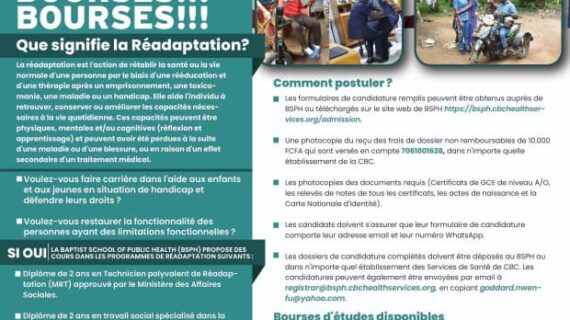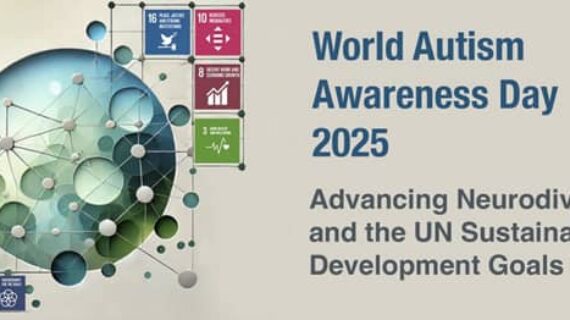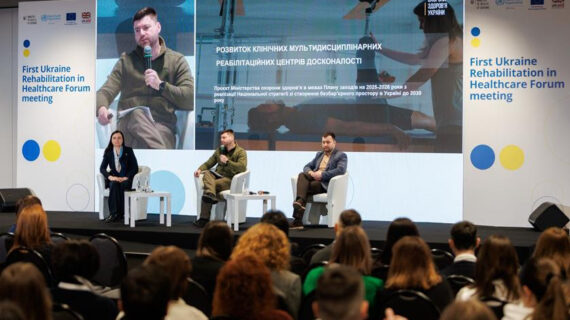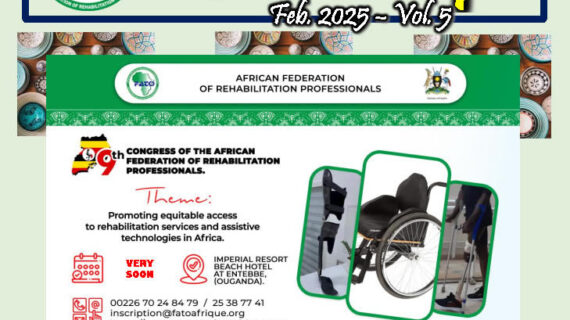Covid-19: Implications for the disabled
India’s differently-abled are left in the lurch by virus and lockdown. The govt’s measures, or the lack thereof, fail to ease their burden
Almost everybody at some point in life becomes disabled; those who survive to old age face increasing disabilities. According to Amartya Sen: “Disabled people are not only the most deprived human beings in the developing world, they also are the most neglected”. Globally, 15 per cent (around one billion) of the world’s population lives with some form of disability, notes the WHO. The Census 2011 reveals that every 10th household in India has a disabled member.
Disabled communities, elderly populations and individuals with chronic health conditions are the worst hit by Covid-19. Nonetheless, there is little mention in the media of Covid-19’s impact on their lives when millions are under lockdown.
People with disabilities (PWDs) are more susceptible to viruses like Covid-19 relative to others. We take “hand-washing” as a normal precaution, but PWDs face serious limitations to follow this practice frequently. Besides, there is a lack of public toilets for them. Next is “social-distancing”, but most PWDs depend on others due to physiological constraints. Many disabled have to frequently visit hospitals and rehabilitation centres.
Further, most of the PWDs are largely dependent on the caregivers (family, relatives or professionals). Many caregivers may be reluctant to provide their services as the coronavirus is highly contagious. Persons with intellectual impairment cannot be expected to practice or cope with self-isolation.
Government response
Post-coronavirus, a number of welfare measures have been initiated by the government for the disabled. The Centre will provide three months’ pension in advance to widows, senior citizens and the disabled under its National Social Assistance Programme (NSAP). Further, it announced an ex-gratia of ₹1,000 over three months in two instalments for poor senior citizens, widows and PWDs. The National Platform for the Rights of the Disabled (NPRD) has expressed dismay as the ex-gratia amount is “very meagre” and “grossly inadequate”. Half the disabled don’t have a disability certificate; they cannot avail of government schemes.
Besides, as per the 2011 Census, there were seven types of disabilities, which has increased to 21 as per the PWD Act of 2016. Therefore, most PWD people would be left out of the government targeting.
The Ministry of Health and Family Welfare issued the first advisory on March 5, 2020. Comprehensive disability-inclusive guidelines were issued. The Department of Empowerment of Persons with Disabilities (DEPWD) recognised that PWDs are more vulnerable to the virus because of their physical, sensory and cognitive limitations. However, actual implementation of these guidelines requires long-term preparedness and mass awareness.







